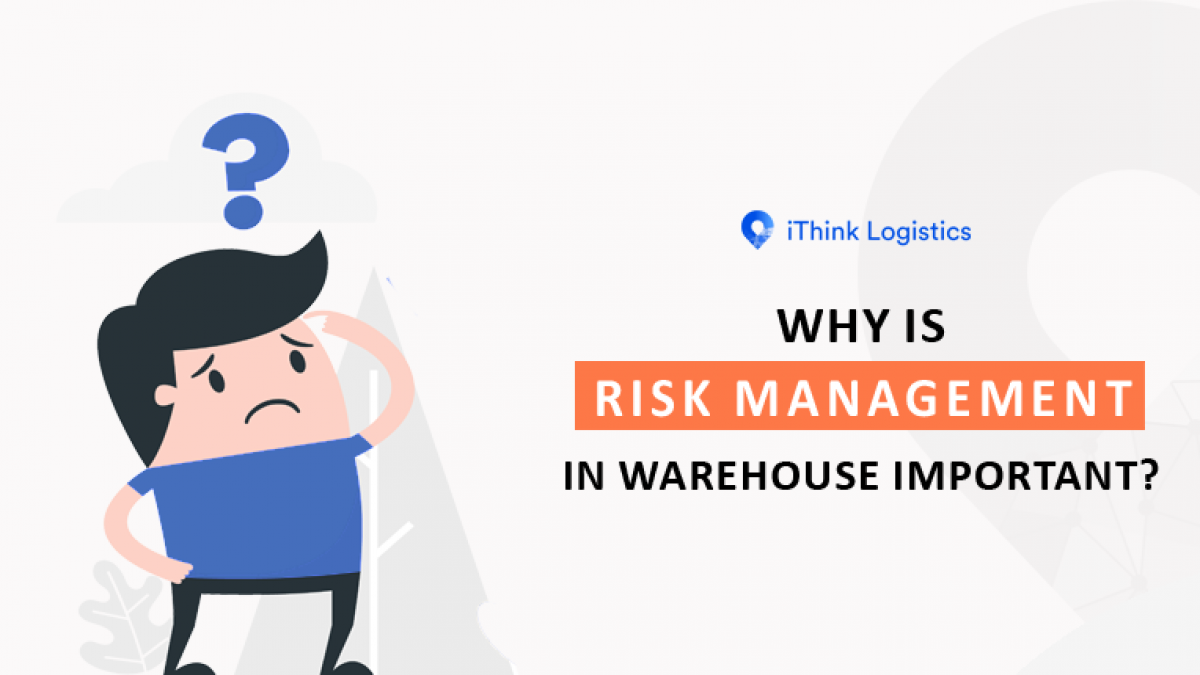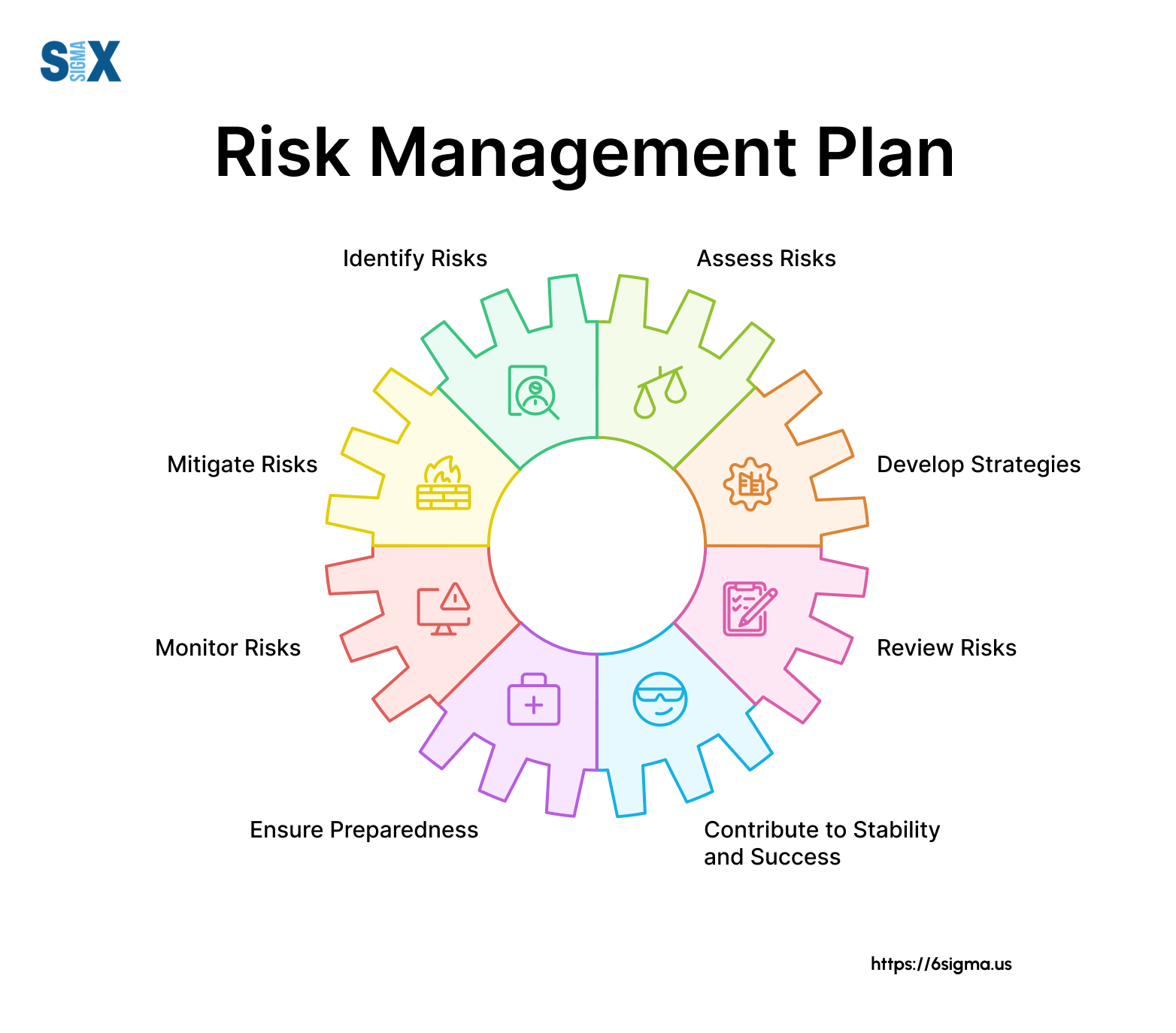The Growing Importance of Risk Management in Health and Safety
The Growing Importance of Risk Management in Health and Safety
Blog Article
The Relevance of Recognizing the Importance of Risk Management in Numerous Industries

The Core Idea of Risk Management and Its Objective
Risk Management, the cornerstone of several industries, depends upon the identification, evaluation, and mitigation of unpredictabilities in an organization environment. It is an important technique that allows organizations to guard their assets, track record, and total survival. By correctly recognizing potential risks, companies can create techniques to either stop these threats from happening or decrease their influence. The assessment procedure entails assessing the probability and prospective extent of these threats. The mitigation process involves devising approaches to lower their prospective influence as soon as risks have been recognized and evaluated. This procedure is recurring and intermittent, making certain that services are planned for the ever-changing nature of Risk in different industries. The primary purpose, hence, is to foster resilience in the middle of uncertainties.
Advantages of Executing Risk Management in Business Workflow

Revealing the Role of Risk Management in Different Industries
While every market challenges its distinct collection of risks, the application of Risk Management approaches continues to be a typical in their quest of sustainability and growth. In the health care industry, Risk Management requires guaranteeing patient safety and information defense, while in finance, it includes mitigating investment threats and making certain governing compliance (importance of risk management). Building firms concentrate on employee safety and security, task delays, and budget overruns. In the technology field, business reduce cybersecurity hazards and technology obsolescence. Inevitably, the duty of Risk Management throughout industries is to recognize, evaluate, and alleviate threats. It is a necessary component of strategic planning, enabling organizations to secure their properties, make the most of possibilities, and achieve their objectives.
Real-life Situation Researches Showing Successful Risk Management
To understand the value of Risk Management in these lots of sectors, one can look to a number of real-life circumstances that illustrate the effective application of these procedures. Toyota, post the 2011 earthquake in Japan, changed its supply chain Management to lessen disruption dangers. These instances show exactly how markets, finding out from crises, efficiently applied Risk Management techniques to reduce future dangers.
Future Trends and Growths in Risk Management Techniques
As the world remains to progress, so too do the patterns and advancements in Risk Management techniques. Fast advancements in innovation and information analytics are improving the Risk landscape. Large information and AI are now important in anticipating and minimizing risks. Organizations are leveraging these tools to build predictive designs and make data-driven choices. Cybersecurity, as soon as an outer problem, has catapulted to the forefront of Risk Management, with strategies concentrating Recommended Reading on response, website here detection, and prevention. The integration of ESG (Environmental, Social, Governance) elements into Risk Management is an additional expanding fad, mirroring the boosting acknowledgment of the duty that ecological and social threats play in click now organization sustainability. Hence, the future of Risk Management depends on the blend of innovative technology, ingenious methods, and an alternative approach.
Conclusion
In final thought, recognizing the value of Risk Management throughout a spectrum of markets is vital for their durability and prosperity. Ultimately, effective Risk Management adds to extra resistant and sustainable businesses, highlighting the value of this practice in today's dynamic and highly competitive company atmosphere.
While every sector confronts its distinct set of risks, the implementation of Risk Management techniques stays a typical denominator in their search of sustainability and development. In the health care industry, Risk Management entails ensuring patient safety and security and data security, while in finance, it entails mitigating financial investment threats and making certain regulative compliance. Ultimately, the role of Risk Management throughout industries is to recognize, evaluate, and reduce dangers. These instances demonstrate exactly how sectors, learning from dilemmas, effectively applied Risk Management techniques to minimize future threats.

Report this page